Michael Mehaffy
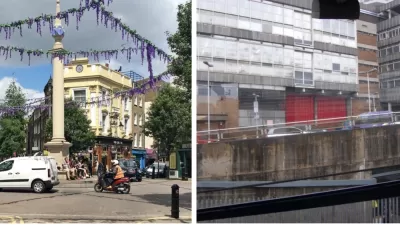
The Surprisingly Important Role of Symmetry in Healthy Places
New research suggests there might be a "symmetry deficit disorder" in today's built environments, with significant impacts on health, well-being, and even sustainability.

Is it Time to Revive the Pattern Language?
Software and other fields have made brilliant progress with the pattern language methodology, while built environment fields lag badly, mired in parochial debates over the massive book that invented the methodology.
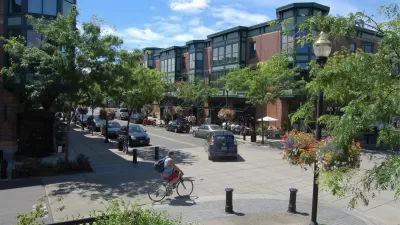
The Death and Life of Great American…Suburbs?
Long considered beneath serious attention by design and planning elites, suburban settlements in the United States are emerging as key arenas to address crucial environmental, economic, and social issues.
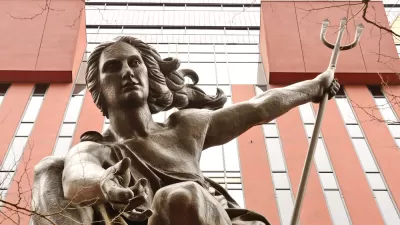
Et Tu, Portland?
Opinion: The Rose City joins the nationwide attack on neighborhood-scale public involvement—and throws its pioneering model of grassroots democracy under the bus.
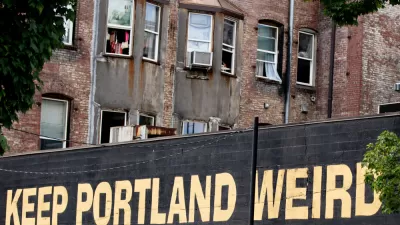
Portland Throwing its Pioneering Neighborhood System Under the Bus
A muddled agenda of inclusion seems to be a rationale to eviscerate one of the Oregon city's most lauded civic assets.
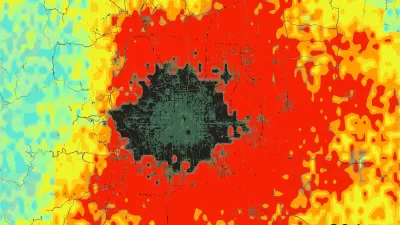
Five Key Takeaways from the 2018 World Urban Forum
Insight into the hard work of implementing the New Urban Agenda.

How Not to Solve a Housing Crisis
More trouble in River City, as Portland and Oregon struggle with rising housing costs and come up with a puzzling solution.
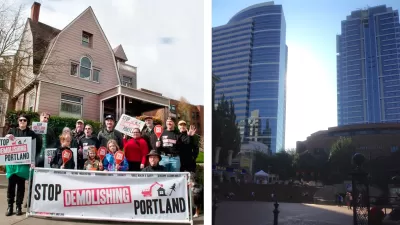
Has Portland Lost its Way?
Oregon's poster child for livable planning is embroiled in new controversies over destructive growth, skyrocketing prices, and back-room cronyism.
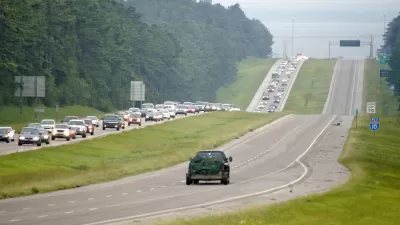
What We Didn't Learn From Katrina
Cities are immensely complex self-organizing systems, not mere top-down designs—but they do need top-down interventions in strategic places. Unfortunately, we still have inadequate models and tools.

Urban Big Data: Where is the Signal in the Noise?
Amid growing skepticism, an international gathering examines the useful benefits for an age of critical urban challenges.
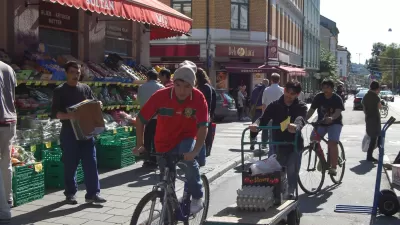
What Can a 'Science of Cities' Offer Planners?
Research across a range of fields is beginning to offer useful new guidance for planning policy and practice—and pointing the way to more effective "bottom-up" strategies.
How Landscape Architects Can Save the World
The excesses of the "landscape urbanism" aside, Michael Mehaffy believes landscape architects are well positioned to lead the way towards positive change in the urban landscape. Here's why.
The Landscape Urbanism: Sprawl in a Pretty Green Dress?
The latest in a series of academic challenges to the New Urbanism turns out to be weak in all the areas that matter most, argues author Michael Mehaffy.
The Urban Dimensions of Climate Change
In the battle against climate change, cities will be even more important than we think, says Michael Mehaffy, managing director of the Sustasis Foundation. Research presented in Copenhagen shows that Vehicle Miles Traveled (VMTs) are only part of the story, and should not be considered in isolation from other factors.
Toward a Science -- and Art -- of Better Places
The challenge for architecture is to be more firmly rooted in the real patterns of human activity. Michael Mehaffy reports on the 'New Science, New Architecture' Conference in London.
Making TODs Work: Lessons from Portland's Orenco Station
A project manager gives a real-world account of the successes and failures of one of the nation's most closely watched new transit-oriented communities, and its role in the regional growth management strategy.
City of Costa Mesa
Licking County
Barrett Planning Group LLC
HUD's Office of Policy Development and Research
Mpact Transit + Community
HUD's Office of Policy Development and Research
City of Universal City TX
ULI Northwest Arkansas
City of Laramie, Wyoming
Urban Design for Planners 1: Software Tools
This six-course series explores essential urban design concepts using open source software and equips planners with the tools they need to participate fully in the urban design process.
Planning for Universal Design
Learn the tools for implementing Universal Design in planning regulations.




























